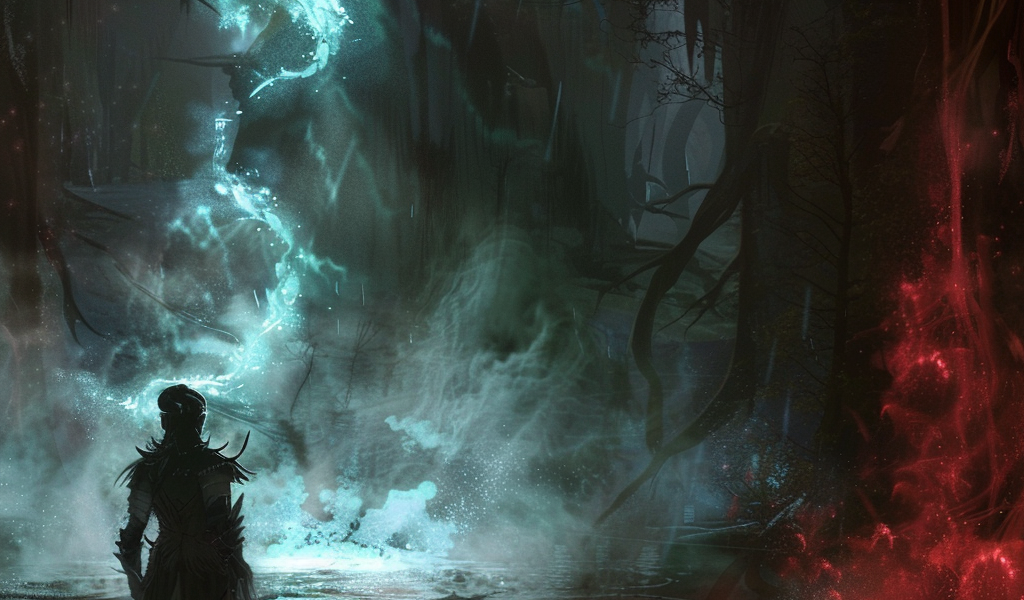In a recent discussion surrounding the highly anticipated RPG, Dragon Age: The Veilguard, lead writer Patrick Weekes made a significant announcement regarding the absence of the Blood Mage specialization in the upcoming title. This revelation has sparked a wave of interest and reflection among fans of the series, particularly concerning the complex themes of morality and the historical implications of blood magic within the Dragon Age universe.
Weekes articulated that the decision to exclude blood magic from The Veilguard stems from a desire to distance the new hero from the darker aspects associated with this controversial form of magic. He noted, “Blood magic is unlikely [to return in the future] because we’ve shifted it from a power boost to really being the key to a lot of nasty stuff we aren’t interested in having heroes do.” This statement has prompted fans to revisit the intricate lore and moral dilemmas presented in previous installments of the series.
The Dragon Age franchise, known for its rich storytelling and character development, has often explored the nuanced nature of magic, particularly blood magic, which has been a contentious topic throughout the games. Players have encountered blood magic in various forms, often requiring morally ambiguous choices that challenge the player’s ethical compass.
In Dragon Age: Origins, the path to unlocking the Blood Mage specialization involves making a deal with a desire demon in the Fade, a choice that is fraught with consequences. This decision not only impacts the character’s journey but also has significant ramifications for innocent lives, as the demon eventually seeks to claim the mind of a young boy. Such dark choices have led many players to question the morality of using blood magic, setting a precedent for the series’ ongoing exploration of ethical dilemmas.
Similarly, in Dragon Age 2, players can opt to become a blood mage without stringent requirements, which aligns with the chaotic and morally gray environment of Kirkwall. The prevalence of blood magic in this setting reflects the societal issues faced by its inhabitants, further complicating the player’s relationship with this form of magic.
Weekes’ comments have reignited discussions about the implications of blood magic in the Dragon Age series, especially in light of the upcoming installment. As fans delve into the lore, many are reflecting on their past experiences with blood magic and how it shaped their understanding of morality within the game. The notion that the next hero will not engage with blood magic raises questions about the direction of the narrative and the themes that will be explored in The Veilguard.
The decision to exclude blood magic could signify a broader shift in the franchise’s approach to storytelling, emphasizing a more heroic archetype that aligns with the values of the new narrative. This move may also reflect a desire to appeal to a wider audience, as the darker aspects of blood magic have often been met with mixed reactions from players.
As fans eagerly await more information about The Veilguard, the conversation surrounding blood magic and its moral implications continues to evolve. The series has always been celebrated for its ability to engage players in deep ethical discussions, and the absence of blood magic may open the door for new narrative possibilities that explore different facets of morality within the Dragon Age universe.
In conclusion, the discourse surrounding the exclusion of blood magic in The Veilguard not only highlights the franchise’s commitment to thoughtful storytelling but also encourages players to reflect on their own moral choices within the game. As the release date approaches, fans are left to ponder what new challenges and ethical dilemmas await them in the next chapter of the Dragon Age saga.





